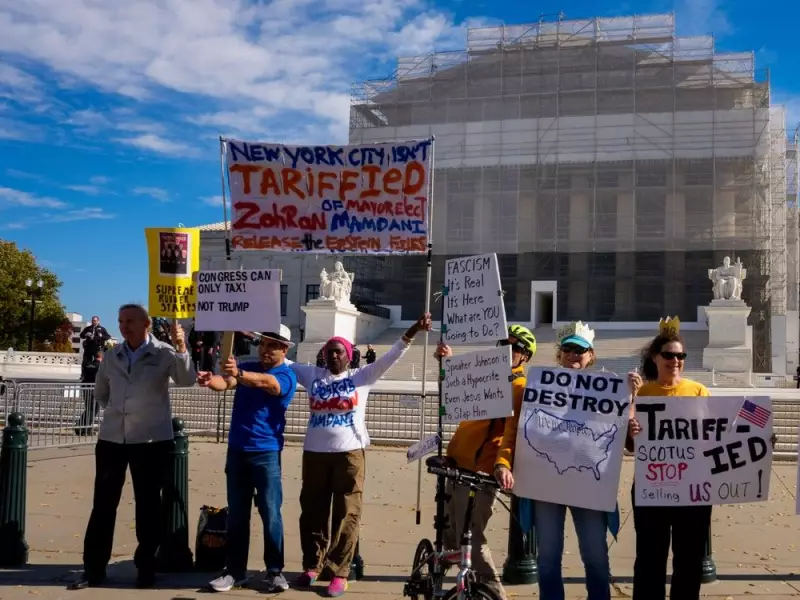
The U.S. Supreme Court appeared deeply divided during historic arguments over whether former President Donald Trump should enjoy immunity from criminal prosecution for his actions surrounding the January 6th Capitol riot.
Conservative Justices Raise Concerns
During nearly three hours of intense questioning, several conservative justices expressed skepticism about allowing prosecutions of former presidents for their official acts. Justice Neil Gorsuch notably stated that the case could have "epoch-making" implications for American governance.
Justice Samuel Alito raised concerns about opening a "Pandora's box" that might lead to politically motivated prosecutions of former presidents. The conservative justices seemed particularly focused on establishing clear boundaries between protected presidential actions and prosecutable private conduct.
The Core Legal Battle
At the heart of the case lies Special Counsel Jack Smith's indictment charging Trump with conspiracy to defraud the United States and obstruction of Congress' certification of Joe Biden's 2020 election victory. Trump's legal team argues that presidents must have absolute immunity for official acts to function effectively without fear of future prosecution.
Justice Department lawyer Michael Dreeben countered that "no one is above the law" and that Trump's alleged actions to overturn election results fall well outside any protected presidential authority.
Liberal Justices Push Back
The court's liberal justices strongly challenged Trump's immunity claim. Justice Ketanji Brown Jackson warned that such broad immunity could create a "lawless presidency" where commanders-in-chief could commit crimes with impunity.
Justice Elena Kagan pressed Trump's lawyer on whether a president could order a political assassination or stage a coup without facing criminal consequences under their immunity theory.
What Comes Next
The Supreme Court's decision, expected by late June, will profoundly impact:
- The timing of Trump's federal election interference trial
- The legal boundaries of presidential power
- The 2024 presidential election landscape
- Historical precedent for future presidential accountability
Legal experts suggest the court may seek a middle ground, potentially sending the case back to lower courts to determine which of Trump's actions qualify as official versus private conduct.





